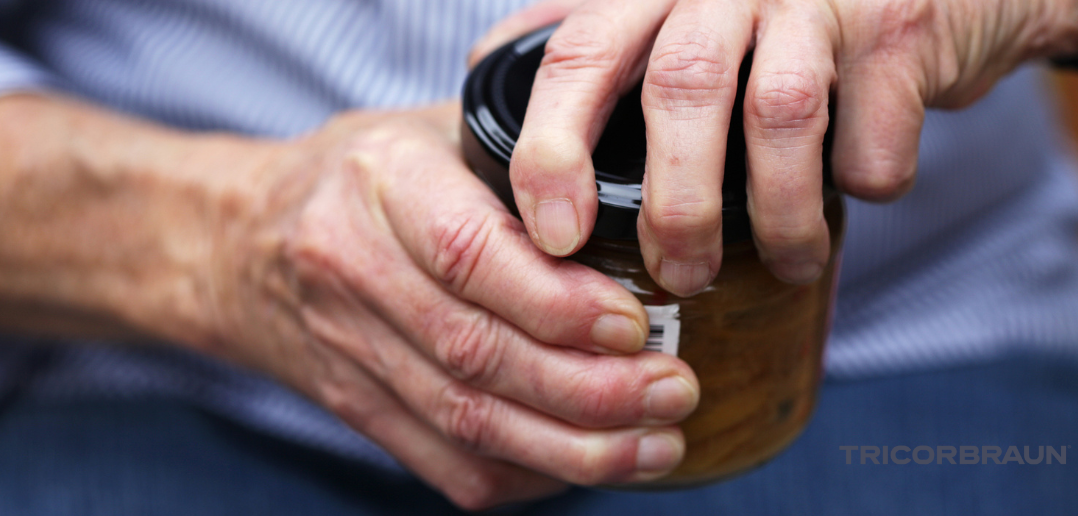Understanding Torque in Closure Applications 
Torque refers to the rotational force used when applying or removing caps from containers. Ensuring the right amount of torque when sealing a container is crucial for creating a proper seal. The goal is to evenly distribute the torque across the closure, which helps prevent leaks and ensures the seal remains secure.
A common misconception is "The tighter you screw on a cap, the less likely it is to leak." However, over-tightening a cap can actually increase the likelihood of leaks. Applying excessive torque can create uneven pressure points on the closure, leading to an improper seal. Conversely, using too little torque can cause the closure to loosen or fail to seal completely, resulting in leaks.
It’s essential to apply the right amount of torque for both sealing and removing closures. The chart below outlines the recommended torque values for various cap sizes and materials. These values represent the minimal amount of torque required for a proper seal and easy removal. As a general guideline, torque is usually about half of the cap’s diameter, expressed in inches per pound.
Key Takeaways:
- Over-tightening can distort the closure or cap, leading to seal failure.
- Under-tightening can prevent the cap from forming a proper seal, leading to leakage.
- The recommended torque values vary depending on the type of cap and material (e.g., glass or plastic).
- For optimal results, always test your specific closure system, as packaging variables can affect the performance of the seal. The most precise way to measure torque is by using a torque tester.
Recommended Torque for Cap Application and Removal
See the chart below that shows the suggested application and removal torque for different cap sizes and materials. These values ensure the best seal and ease of removal.
| Cap Size (mm) | Phenolic/Urea Cap on Glass | Phenolic/Urea Cap on Plastic | PP / PE Cap on Glass |
PP / PE Cap on Plastic |
||||
| Application Torque | Removal Torque | Application Torque | Removal Torque | Application Torque | Removal Torque | Application Torque | Removal Torque | |
| 18 | 9 | 5 | 7 | 4 | 13 | 8 | 9 | 5 |
| 20 | 10 | 5 | 8 | 4 | 15 | 9 | 10 | 5 |
| 22 | 11 | 6 | 9 | 5 | 17 | 10 | 11 | 6 |
| 24 | 12 | 6 | 10 | 5 | 18 | 11 | 12 | 6 |
| 28 | 14 | 7 | 12 | 6 | 21 | 12 | 14 | 7 |
| 33 | 18 | 9 | 15 | 7 | 24 | 14 | 17 | 8 |
| 38 | 20 | 10 | 17 | 7 | 29 | 17 | 19 | 9 |
| 43 | 22 | 11 | 18 | 9 | 33 | 20 | 22 | 11 |
| 48 | 24 | 14 | 20 | 10 | 26 | 22 | 24 | 12 |
When it comes to closing containers, getting the right amount of torque is essential for maintaining product integrity and preventing leaks. Always apply torque carefully and test your packaging system to ensure a proper seal. Using a torque tester will help you achieve the most accurate results for both sealing and removal.
TALK TO A PACKAGING CONSULTANT
Whether you’re looking for a stock package or a groundbreaking custom design, TricorBraun’s proven process will guide your packaging decisions from napkin sketch all the way to the retail shelf.




